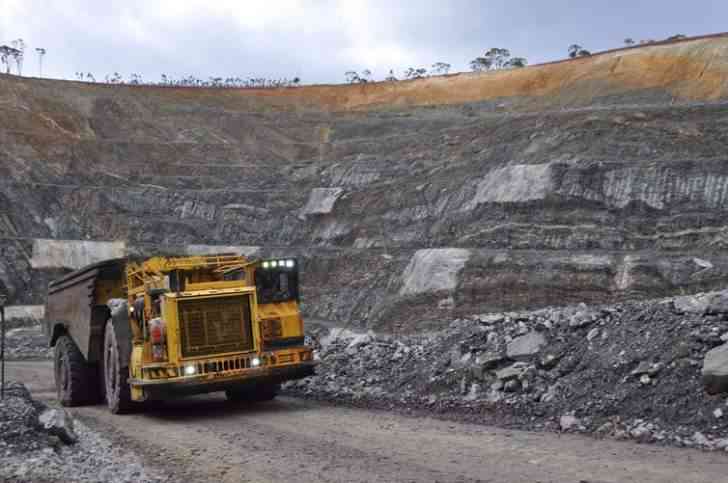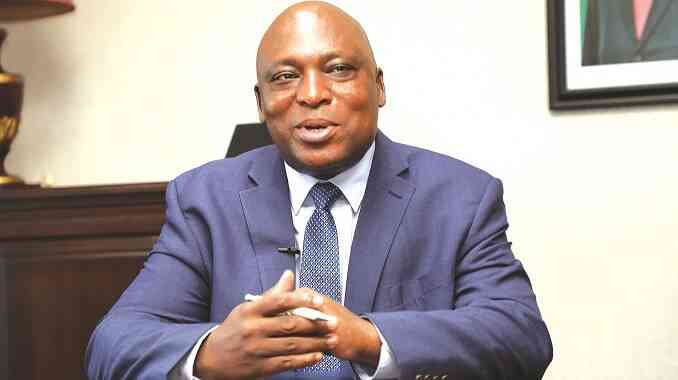
Zimbabwe must urgently prioritise lithium value-addition to avoid falling into the “resource curse”, the Centre for Natural Resource Governance (CNRG) has warned.
The resource curse refers to the paradox where countries rich in natural resources experience weak economic growth due to poor governance and overdependence on raw mineral exports.
Despite ranking among the world’s top lithium producers and exporting to high-demand markets such as China, Germany, France, and the US, Zimbabwe continues to ship unprocessed ore, losing potential revenue from downstream industries.
“We need to look at the opportunity that comes with lithium in that it is one of the key drivers of the renewable energy transition matrix,” said CNRG executive director Farai Maguwu at the Critical Minerals Conference in Harare.
“We need a strategy on how we can leverage our comparative advantage, having these massive lithium deposits ... so that when the lithium is gone, we have something to point to.”
Maguwu also warned of the environmental and social toll of current mining practices, especially opencast operations, which are displacing communities and damaging ecosystems.
“We don't need to create sacrifice zones ... We do not want Zimbabwe to be left with open pits where we can point and say once upon a time there were massive lithium deposits there,” he said.
He called for inclusive dialogue among civil society, government, business, and diplomats to craft sustainable policies.
- Mavhunga puts DeMbare into Chibuku quarterfinals
- Bulls to charge into Zimbabwe gold stocks
- Ndiraya concerned as goals dry up
- Letters: How solar power is transforming African farms
Keep Reading
Zimbabwe has also struggled with mineral leakages. The Parliamentary Portfolio Committee on Defence, Home Affairs, and Security Services estimated that smuggling across porous borders costs the country up to US$1 billion annually.
Isaac Chiridza, deputy director for conservation and renewable energy in the Ministry of Energy, said critical minerals such as lithium are central to the global clean energy shift.
“This transition is driven by declining technology costs, increasing energy demand, and government policies supporting clean energy,” he said.
Chiridza highlighted the need for policy frameworks such as renewable energy targets, carbon pricing, and research funding to support innovation. He added that mineral consumption could rise sixfold by 2050, with the market hitting US$400 billion — outstripping the value of coal in 2020.
With proper investment, policy, and capacity building, Zimbabwe could become a hub for sustainable critical mineral development, Chiridza said.











